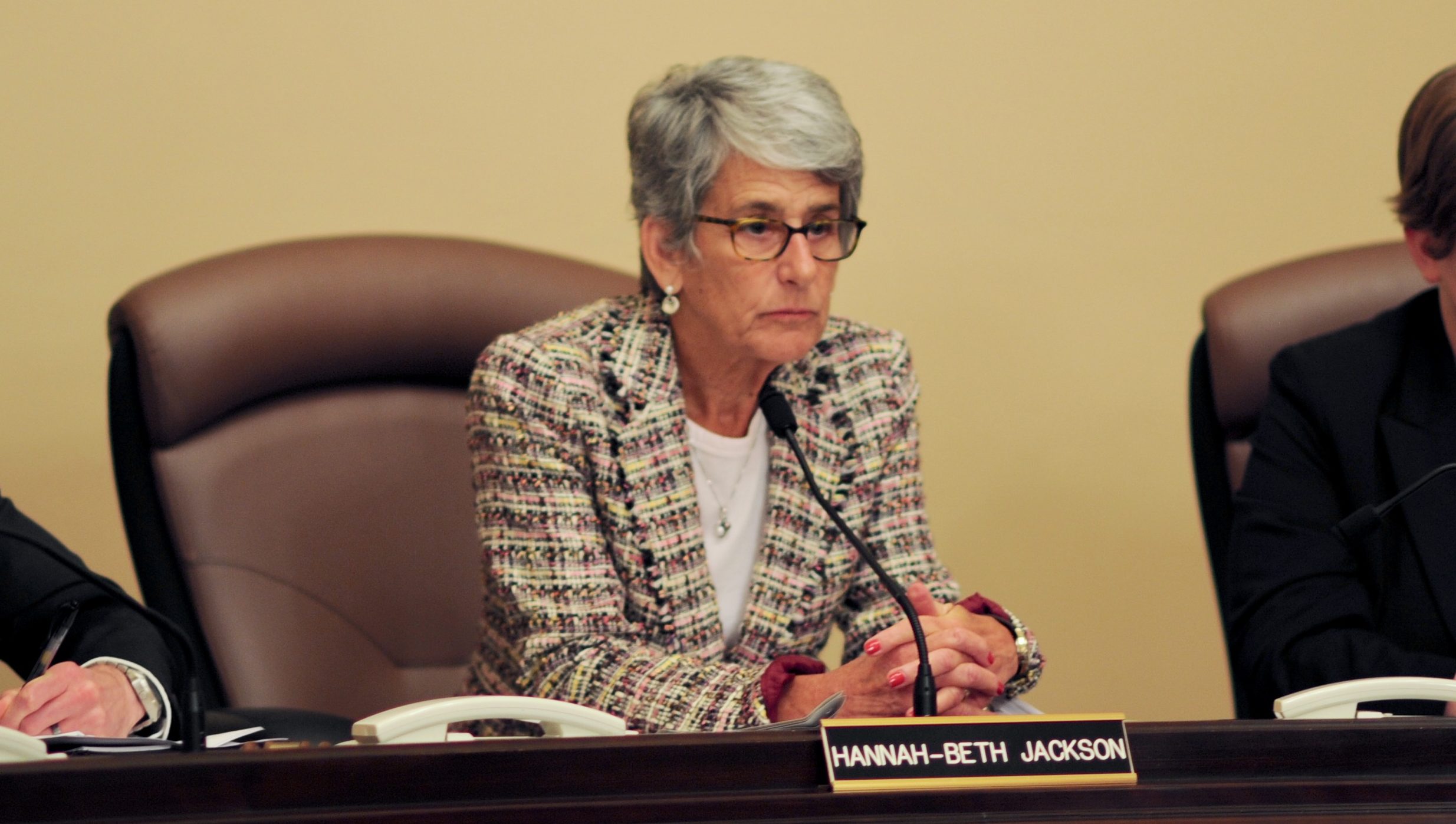
Sen. Monique Limón. (Photo: Kevin Sanders for California Globe)
California Work Opportunity Tax Credit
WOTC is to encourage employers to hire and retain employees from targeted groups of individuals who have systematically faced barriers to employment
By Chris Micheli, March 12, 2021 6:51 am
On March 10, State Senator Monique Limon (D-Santa Barbara) amended her Senate Bill 553 to create a state work opportunity tax credit (WOTC). The bill would add and repeal Sections 17053.71 and 23672 of the Revenue and Taxation Code. As a tax levy, the measure would tax effect immediately upon enactment.
Section One of the bill would set forth legislative findings and declarations that the purpose of the WOTC is to encourage qualified employers to hire and retain employees from targeted groups of individuals who have systematically faced barriers to employment. In addition, compliance with the WOTC questions and forms is necessary to ensure proper documentation and certification for employees eligible for the credit allowed by this section.
Section Two of the bill would add Revenue and Taxation Section 17053.71 which is in the Personal Income Tax Law. It would provide a tax credit for four years from January 1, 2021 through the end of 2024 to a qualified employer for a California WOTC that is an amount determined pursuant to the federal WOTC for the same tax year.
The bill would define the terms “California WOTC,” “federal WOTC” (i.e., the federal credit allowed by IRC Section 51 and in effect on January 1, 2018), “qualified employer” (an employer required to provide unemployment insurance to its employees), and “qualified individual” (any person covered by unemployment insurance by an employer).
In addition, the bill would utilize the federal WOTC with modifications, such as Section 51(a) would be modified so that the credit amount does not exceed $2400 per qualified individual, and the definition of qualified wages would be modified that the wages are required to be attributable to an employee from a targeted group and who has worked not less than 500 hours for the qualified employer.
Moreover, the first $5000 of wages attributable to service rendered during the one-year period are excluded from the calculation of qualified wages. The wages definition applies to wages subject to withholding. There are also a number of provisions of Section 51 that do not apply, such as dealing with qualified second-year wages, the special rules for agricultural labor and railway labor, and individuals not meeting minimum employment periods.
Under this bill, the qualified employer would be allowed the California WOTC in the taxable year in which the employer receives a certification or in the taxable year in which the qualified employer paid or incurred the qualified first year wages. The California Employment Development Department would continue to issue certifications of qualified individuals as EDD currently does for the federal WOTC. The California WOTC would have a 10-year carry forward period for excess credits.
Like the federal WOTC, any deduction otherwise allowed for the qualified wages paid or incurred by the taxpayer upon which the California WOTC is based must be reduced by the amount of the California WOTC allowed by this new section of law. In addition, the Department of Finance would be required to estimate the total dollar amount of credits that will be claimed under this section with respect to each tax year from the 2021–22 fiscal year to the 2025–26 fiscal year. Thereafter, the Franchise Tax Board would be required to annually provide the Joint Legislative Budget Committee a report that includes specified data related to this credit.
Finally, a credit would only be allowed for a qualified employee who obtains a certification from the EDD. This new section of law would remain in effect until December 1, 2025 and then would be repealed.
Section Three of the bill would add Revenue and Taxation Section 23672 which is in the Corporation Tax Law. It would enact the same provisions from Section Two of the bill for corporate taxpayers.
Section Four of the bill would specify compliance with Revenue and Taxation Code Section 41 that the California WOTC is intended to encourage employers to hire and retain individuals from targeted groups which have been found to face systemic barriers to employment. To measure whether the credit achieves its intended purpose, the Employment Development Department would be required to annually prepare a written report containing specified data. In addition, the EDD would be required to post the written report on its internet website.
Section Five of the bill would determine that no reimbursement to local agencies would be required. Section Six of the bill would provide that the bill is a tax levy and would therefore go into effect immediately upon its enactment.
The bill is expected to be heard in its first policy committee in April.
- Construction of Eminent Domain Law - February 21, 2026
- Deposition of Expert Witnesses - February 20, 2026
- Response to Interrogatories - February 20, 2026




